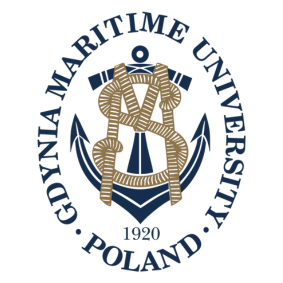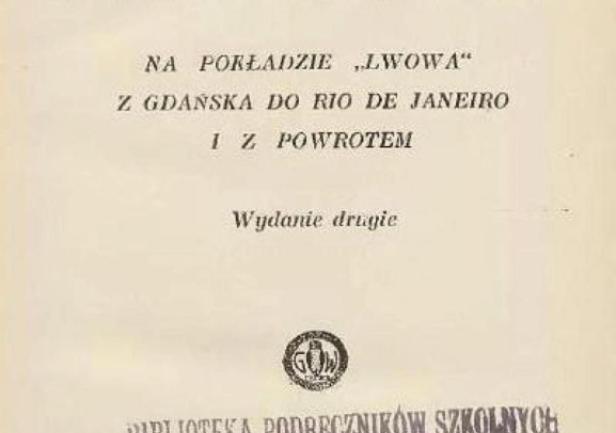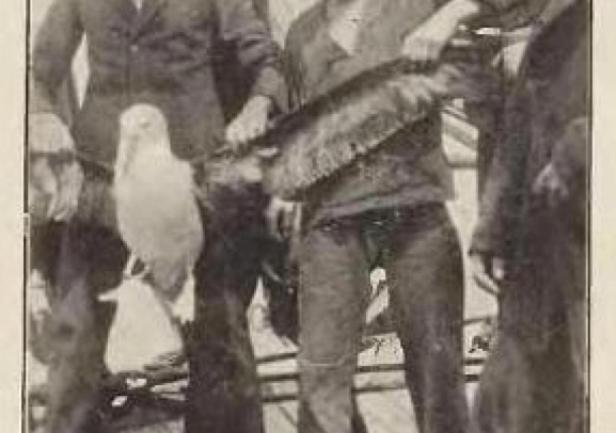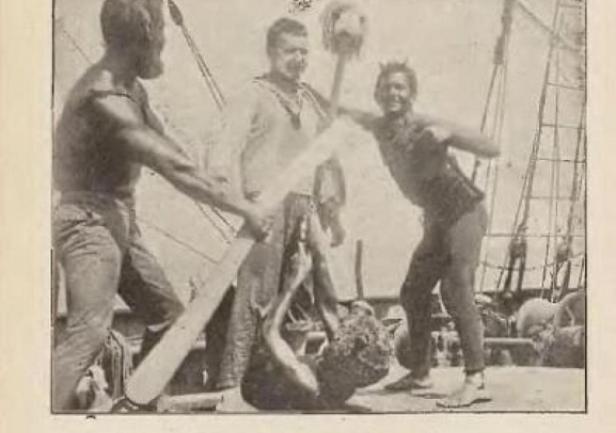Lwów Crosses the Atlantic
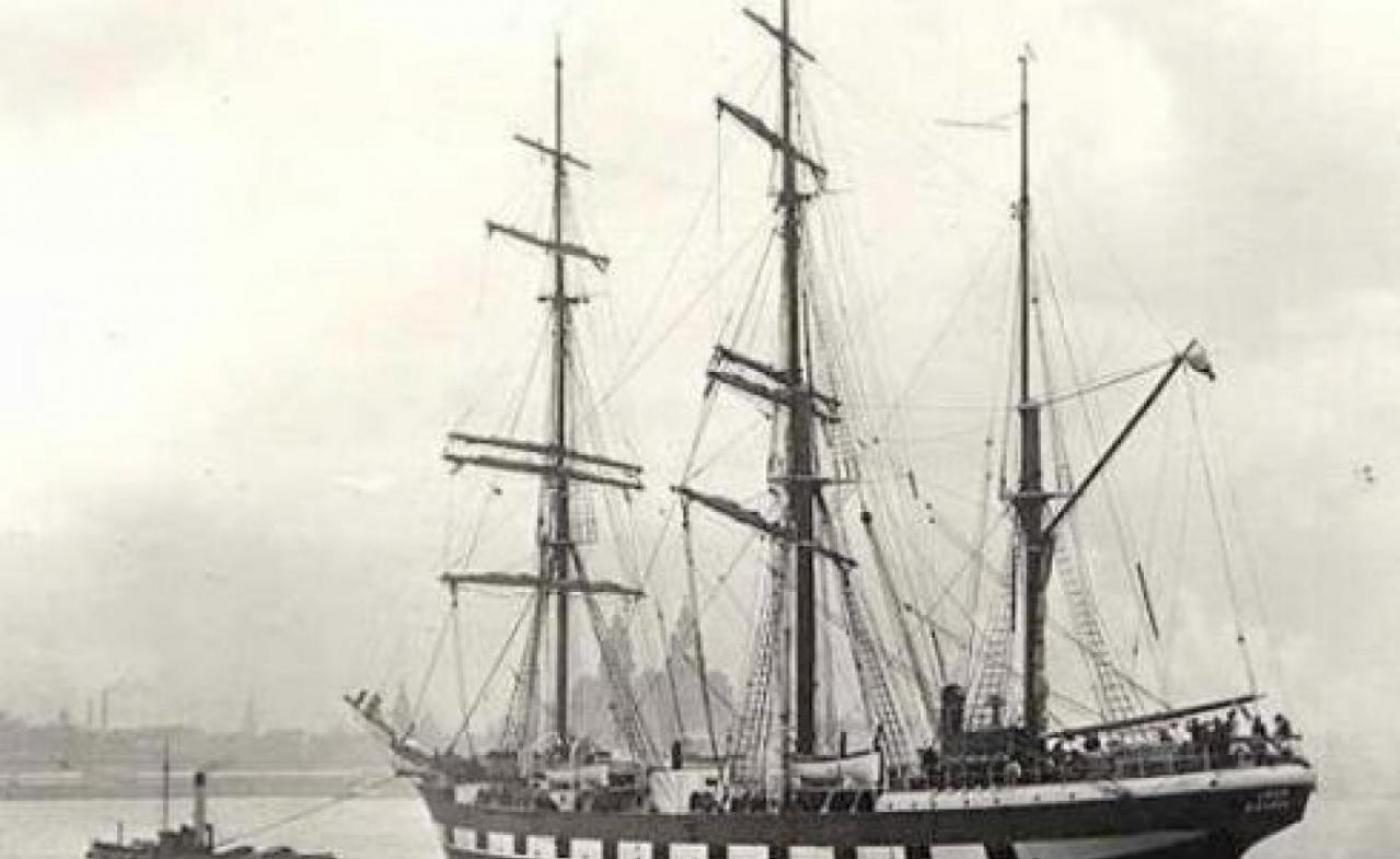
On 11 January 1924, Lwów, the sail training ship of the Maritime School in Tczew, docked in the harbour in Cherbourg at the end of the first transatlantic crossing under the white and red of the Polish flag. The destination of the expedition on the other side of the Atlantic was Brazil, home to a significant Polish emigrant community. Lwów left port in Gdańsk on 23 May 2023, crossing the equator on 13 August, before landing in Rio de Janeiro on 7 September. Before returning to Europe, the ship called at the ports of Santos and Paranagua. The voyage aimed to create a symbolic bridge between the reborn Poland and the Polish diaspora in Brazil. The ship and crew were welcomed enthusiastically and emotionally by the local emigrant community.
The journey is legendary. It is enough to name some of the legendary figures that took part in the first Polish voyage across the Atlantic: Antoni Garnuszewski - Director of the Maritime School in Tczew, Tadeusz Ziółkowski - captain of Lwów (later Head of the Pilots Office in the Free City of Gdańsk, sailing activist, captain of the Polish Olympic Sailing Team in 1936, murdered in Stutthof), navigation officer and head of science, Captain Mamert Stankiewicz (the famous author of “Znaczy kapitan”, later the captain of Polish transatlantic ships, died on the m/s Piłsudski), senior officer Konstanty Maciejewicz (later captain of Lwów and Dar Pomorza), radiotelegraph Alojzy Kwiatkowski (captain of Dar Pomorza during the war), boatswain Jan Kaleta, and sailmaker Jan “Waju” Leszczyński. All are well-known figures in Polish maritime history. Similarly, several students on board for the voyage also went on to become well-known figures in Polish maritime history, outstanding captains of the merchant fleet, including Stanisław Kosko (the last director of the State Maritime School before the war who died in September 1939), Tadeusz Meissner (pictured below with an albatross), and Jan Ćwikliński (captains of the ship Batory) and many more.
An account of the voyage was written by one of the students on board, Tadeusz Dębicki (cover reproduced below)
